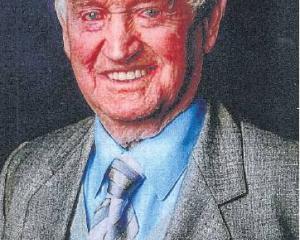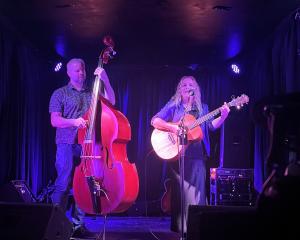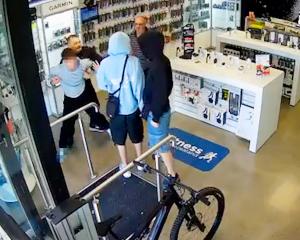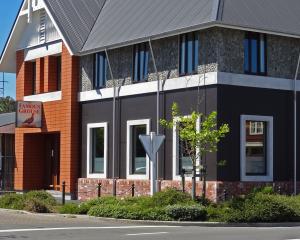Christchurch is aiming to become the home of health tech innovation in New Zealand with the HealthTech Supernode Challenge which opens today.
The HealthTech Supernode Challenge has a total prize pool across multiple categories valued at more than $340,000.
This includes entry into a virtual pre-accelerator programme, the potential for startup investment, a Canterbury District Health Board validation contract, an opportunity to develop their product directly within Ryman Healthcare's innovation team, and a rare invitation to a further startup incubator programme.
The nationwide challenge, sponsored by ChristchurchNZ, is open to anyone with a healthtech innovation or idea - from students and startups to researchers, and healthcare professionals.
The aim of the challenge is to identify and generate commercially viable solutions that address real healthcare problems focusing on the Aged Care and Rural Care sectors. There is also an Open Category to ensure no innovation is left uncovered.
Joanna Norris, ChristchurchNZ chief executive, said there is no city better placed than Christchurch to host the challenge.
“Ōtautahi Christchurch is home to Te Papa Hauora, a world-class health precinct which integrates research and innovation with education and community wellbeing, pair this with the talent coming out of the tertiaries and a thriving tech ecosystem and we’ve got the perfect testbed to challenge the status quo and find new ways to address the biggest health issues facing the globe."
Applications close on August 16, with finalists announced August 19. Anyone in New Zealand can apply. Apply now at www.healthtechchallenge.co.nz.
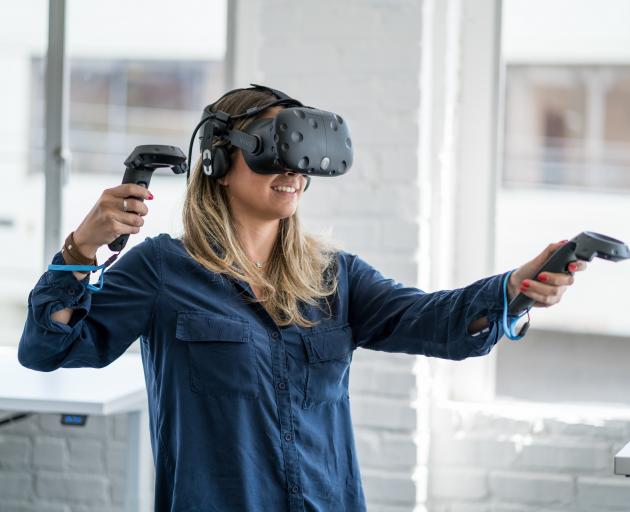
Four months ago, Christchurch-based Healthtech business owner, James Hayes woke up to over 50 emails from universities and hospitals around the world – all with the same question.
How can they access his software for their learners who no longer had access to the universities?
The spotlight is about to hit the HealthTech sector with the launch of a nationwide HealthTech Supernode Challenge. The challenge seeks the next ‘big idea’ in health innovation.
Hayes’ business - Virtual Medical Coaching - is just one example of the type of locally-made, globally sought-after tech, the challenge seeks to uncover and fast track.
Hayes founded Virtual Medical Coaching five years ago when his experience working in medical imaging and as a teacher at Ara Institute of Canterbury, made him realise the need for a better, more immersive, way for students to learn.
“Teaching hadn’t changed much in 150 years – students sit in a classroom and are meant to ingest the information. We set out to change that. Our technology uses virtual reality with big data analytics and artificial intelligence to create medical simulation that can be recorded, analysed and adapted to target specific areas of learning,” said Hayes.
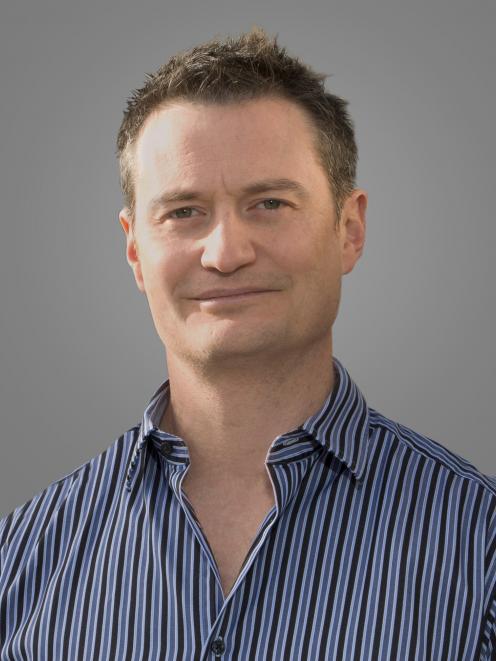
“Rather than having multiple medical students observing a woman giving birth, students can experience medical scenarios, such as a difficult birth, without the risk, intrusion or discomfort that comes with a real-life observation,” said Hayes.
Once the AI algorithms identify a student has mastered straightforward procedures it will start to introduce complications – a sudden increase in blood pressure or the baby having a stuck shoulder – and as the student responds the technology identifies the skill or knowledge gap.
When Covid-19 imposed distance learning on students, demand for the already sought-after product, soared.
“My inbox was flooded with requests. But there’s a cost involved – VR headsets and a computer can cost approximately $2,000 per student, which just wasn’t feasible or equitable.”
Hayes’ team of developers created a desktop version of the simulation, where students could use a keyboard to navigate, rather than a headset.
“I think some of my developers stopped talking to me as this was a downgrade in terms of the technology we are able to deliver. But it was worth it, it’s being used around the world and has meant hundreds of students have been able to continue their study.”
It’s that type of collaborative approach that has seen Virtual Medical Coaching flourish over the last five years, forming partnerships with fellow tech company Skilitics and working closely with Ara Institute of Canterbury, Canterbury University and the city’s innovation engine room – the Ministry of Awesome.
“It’s just easier to get things done here, there’s loads of tech companies and it’s the type of city where you can bounce ideas around over a coffee and it can lead to a solution to a problem that you hadn’t even considered,” said Hayes.



